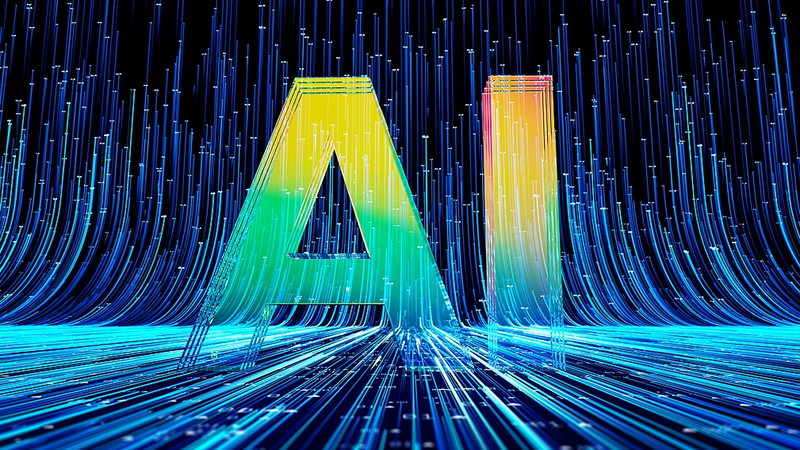This semester, every primary and secondary school in Beijing is getting a tech upgrade: AI education is now part of the core curriculum.
The rollout follows the Chinese mainland's State Council guideline advancing the AI Plus Initiative, pushing digital skills into industries from healthcare to manufacturing and, now, classrooms.
Under the Beijing Municipal Education Commission's plan, schools must offer at least eight class hours of AI instruction each year. Lessons can stand alone or weave into subjects like information technology, math and science.
'We collaborated with the digital education center to develop 80 tailored lessons, all live on the smart education platform for primary and secondary schools in Beijing,' says Lu Xin, head of AI course products at an educational technology company.
Already, 150,000 students spanning over 1,000 schools across 25 provinces and cities are using these materials. Early feedback highlights increased engagement, with students coding simple AI models and exploring real-world use cases.
For young global citizens and future entrepreneurs, this move signals a shift: digital literacy is no longer optional but a foundational skill. As AI reshapes industries, today's students are gaining a head start—learning to think algorithmically, design data-driven solutions and navigate ethical questions around automation.
Beijing's initiative offers a model for cities worldwide: blending hands-on projects and data-driven insights to break down complex topics. It's a reminder that preparing the next generation for a tech-driven world begins in the classroom.
Reference(s):
Beijing rolls out AI education across all primary, secondary schools
cgtn.com
